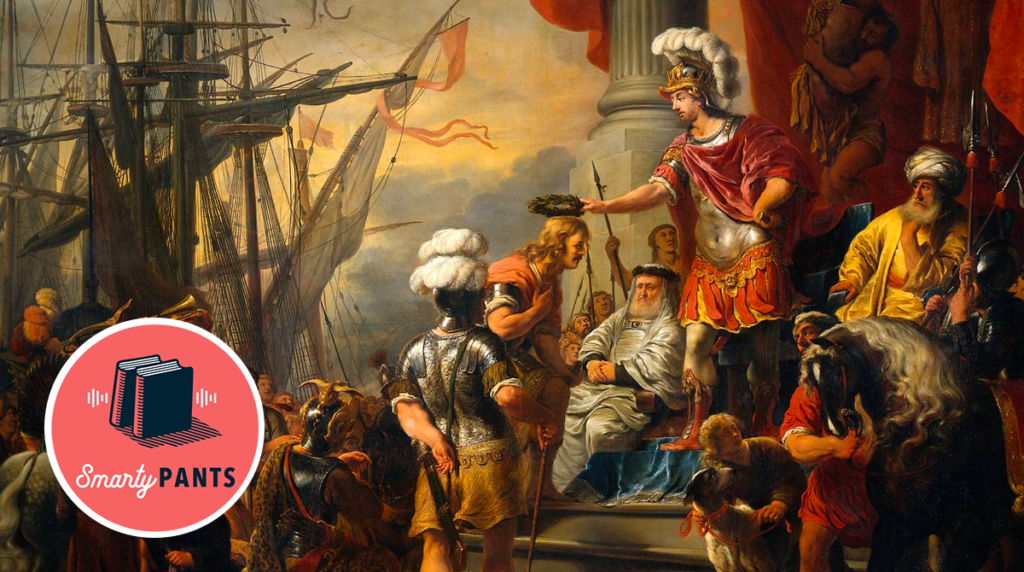
The Aeneid has a reputation: it’s the founding myth of Rome, used down the centuries to justify conquest, colonization, and the expansion of empire the world over. Although Virgil includes many voices in his epic, Aeneas’s is the one that tends to be remembered—and celebrated, especially by his putative descendant, the Emperor Augustus. But with her new translation of The Aeneid, classicist Shadi Bartsch reveals the many ways that Virgil undermines both the glory of Aeneas and the authority of collective memory, down to the very verb used to begin and end the poem. Bartsch joins us on the podcast to untangle how the story of Aeneas is actually many stories, all in conversation with one another.
Go beyond the episode:
- Shadi Bartsch’s translation of The Aeneid
- Read her essay in The Washington Post, “Why I won’t surrender the classics to the far right”
- Daniel Mendelsohn’s essay “Lost Classics” reminds us that the study of ancient texts is the study of things that are no longer: lives, songs, stories, poems, memories, and the ordinary people who preserved their memory
- In case you missed it: listen to our interview with historian Kyle Harper on the discomforting parallels between our current moment and the end of Rome
Tune in every week to catch interviews with the liveliest voices from literature, the arts, sciences, history, and public affairs; reports on cutting-edge works in progress; long-form narratives; and compelling excerpts from new books. Hosted by Stephanie Bastek.
Subscribe: iTunes • Feedburner • Stitcher • Google Play • Acast
Have suggestions for projects you’d like us to catch up on, or writers you want to hear from? Send us a note: podcast [at] theamericanscholar [dot] org. And rate us on iTunes!
Our theme music was composed by Nathan Prillaman.

